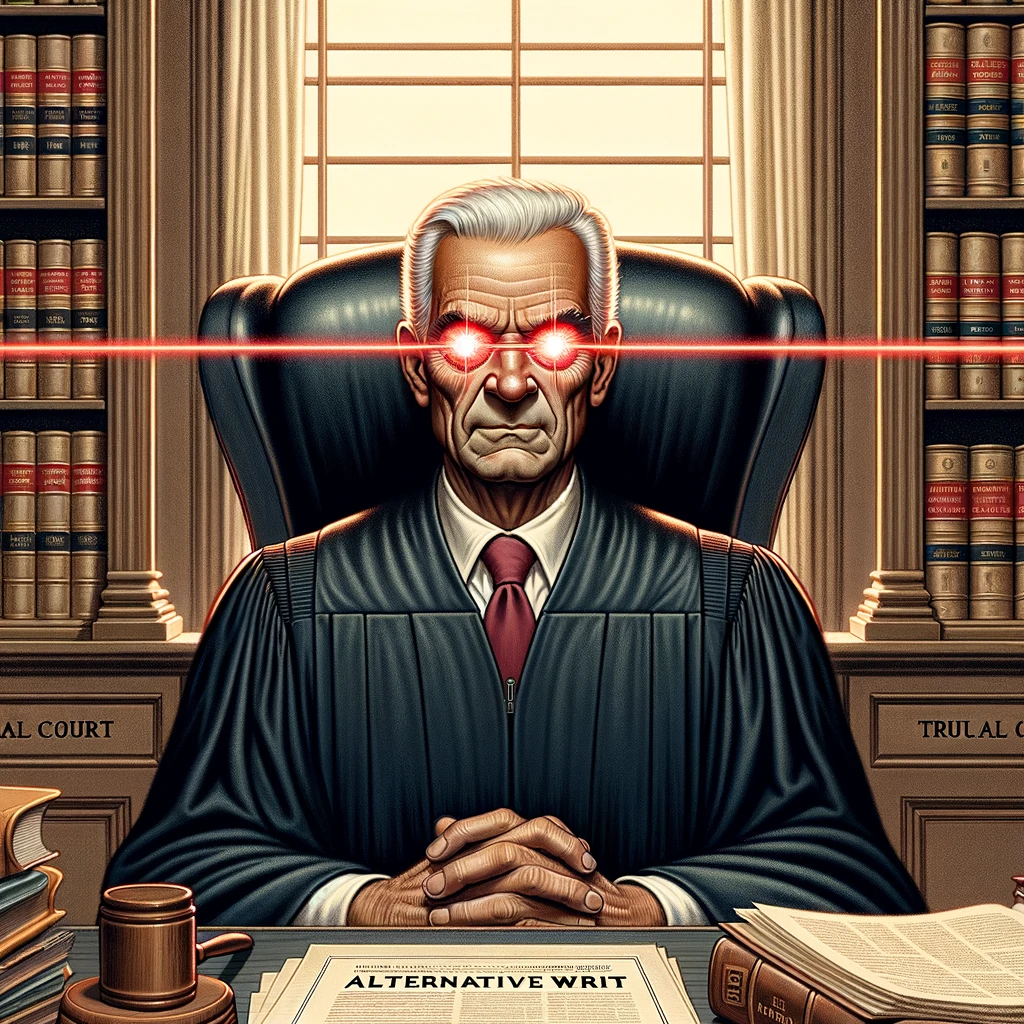
After the trial court compelled arbitration in a car-defect dispute, the plaintiff moved for reconsideration. But the trial court’s ruling was correct, and the plaintiff’s motion was untimely. So it was no surprise when the court denied the motion.
That made it all the more surprising when the Court of Appeal in Contreras v. Superior Court (Champion Dodge, LLC) (D2d5 Feb. 16, 2024 No. B331737) [nonpub. opn.] issued a writ. The court reasoned that the law changed a couple months after the trial court’s ruling, so the court should have exercised its discretion to make its ruling consistent.
When the trial court compelled arbitration, it reasoned that even though the defendant, car manufacturer Fiat-Chrysler, was not a signatory to the plaintiff’s sale contract with the dealership, the arbitration clause in the sale contract still applied on equitable estoppel grounds. The applicable—and only—equitable-estoppel case was Felisilda v. FCA U.S. LLC (2020) 53 Cal.App.5th 486, holding that a nonsignatory can enforce an arbitration clause if the claims against the nonsignatory are “intimately founded in and intertwined” with the underlying contract. Here, the car defects claimed against the manufacturer were intertwined with the sale contract with the arbitration provision.
But a few weeks later, another Court of Appeal decision, Ford Motor Warranty Cases (2023) 89 Cal.App.5th 1324, review granted July 19, 2023, S279969 (Ford Motor), disagreed with Felsilda and supported a contrary result. Ford Motor reasoned that car-defect claims are statutory in nature, and not based on the sale contract with the arbitration provision.
Challenging the order compelling arbitration, the plaintiff filed a motion for reconsideration. The motion must be filed within 10 days of the ruling. (Code Civ. Proc., § 1008.) But here, the motion was three and a half months after the order, and two and a half months after the Ford Motor case. The trial judge mused aloud that, had Ford Motor been around at the time, it probably would not have compelled arbitration. But it wasn’t, so it wouldn’t. Motion denied.
Issuing an alternative writ, the Court of Appeal tentatively noted that, even though the plaintiff’s motion was untimely, a party motion is not the only way a trial court may reconsider an interim order: the court “may do so on its own motion” “at any time.” (Code Civ. Proc., § 1008, subd. (c).) So the court ordered the trial court either to (a) vacate and reconsider the order compelling arbitration in light of the new case; or (b) show cause why not. The trial court did not vacate and reconsider, so after the parties’ briefing (effectively satisfying the “show cause” alternative), the Court of Appeal issued a writ.
The court reasoned that Ford Motor “supported a reconsideration.” True, the Supreme Court has granted review in Ford Motor on the question at issue here. So Ford Motor might wind up being bad law. But unlikely, the court thinks: other courts have followed Ford Motor and and not Felisilda. “Accordingly, the court erred in denying petitioner’s motion to reconsider.”
So the case avoids the potentially plaintiff-unfriendly arbitral forum.
This was a pretty savvy move by Judge Rupert Byrdsong in not deferring to the alternative writ. Had Judge Byrdsong complied with the first alternative by reconsidering and denying the motion to compel arbitration, it would still be an interim ruling—and this time, a ruling on an issue on which there is a split of authority. (Whenever there is a conflict in authority, a trial court may "exercise discretion under Auto Equity Sales, Inc. v. Superior Court (1962) 57 Cal.2d 450, 456, to choose between sides of any such conflict.”)
That means the whole case would have proceeded under the cloud of reversal if, say, the Supreme Court’s review resulted in reversal. An alternative writ, after all, is not law of the case, so however Judge Byrdsong ruled, it would not be final.
But a peremptory writ is law of the case. So now that the Court of Appeal has come down in favor of Ford Motor, there is no longer any threat that the issue will resurface in future motions for reconsideration or appeals.
Savvy move. Judge Byrdsong knows his writ procedure.